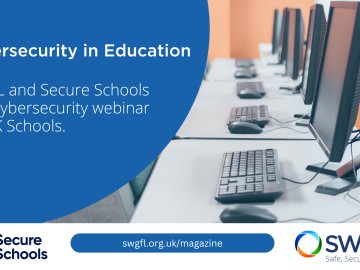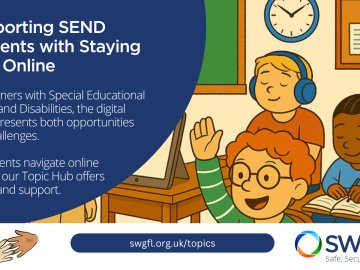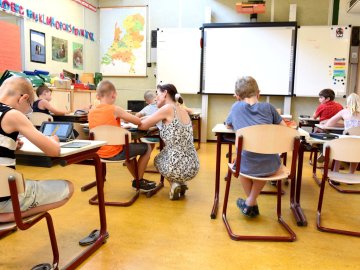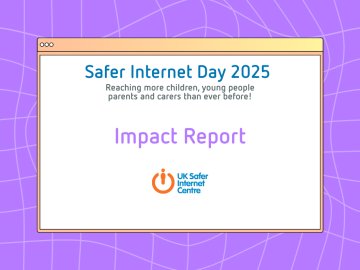What does the future bring? It’s a question that many of us may be asking ourselves on a regular basis. Although what lies ahead may be shrouded in ‘ifs’ and ‘maybes’, there are many things that we can be sure about for the foreseeable future. Education in itself has evolved over the years and with the sudden demand for more digital materials in recent times, the impact of digital education for Online Safety will be unlike anything we’ve seen before.
As technology continues to grow, we have a responsibility to grow our education alongside it. This is where ProjectEvolve comes in. We asked Ken Corish, the Online Safety Director at SWGfL as well as the creator of ProjectEvolve to talk about how essential this tool will be for the many years to come.
What Project Evolve means for digital education?
ProjectEVOLVE might not seem an exciting title for a toolkit but it does reflect the philosophy behind the project; we wanted to “evolve” the online safety messages that children and young people were being taught into something more appropriate; more meaningful; that encouraged reflection; that generated positive outcomes. It was that guiding principle that shaped the vast library of resources at the heart of the project.
We didn’t want activities where young people were told what or what not to do. We wanted to provide the right opportunity for discussion; prompted by appropriate questions accompanied by honest and useful information to shape thinking and challenge misconceptions. And to wrap all of that into a toolkit where it was easy to find what you needed to achieve it. No mean task.
How to use the tool effectively?
The toolkit is based on UKCIS framework “Education for a Connected World” (EFACW) that covers knowledge, skills, behaviours and attitudes across eight strands of our online lives from early years right through to eighteen. These outcomes or competencies are mapped to age and progressive. The statements guide educators as to the areas they should be discussing with children as they develop their use of online technology.
On its own EFACW is a useful guide but also a challenge if you have to turn those statements into a learning opportunity. That’s where ProjectEVOLVE comes in; it’s the perfect way not only to navigate the framework but resources every single one of the 350 plus statements.
You can search by:
- Keyword
- Strand
- Key Stage
- Age
- Theme
Or just dive into the resources and filter out what you need.
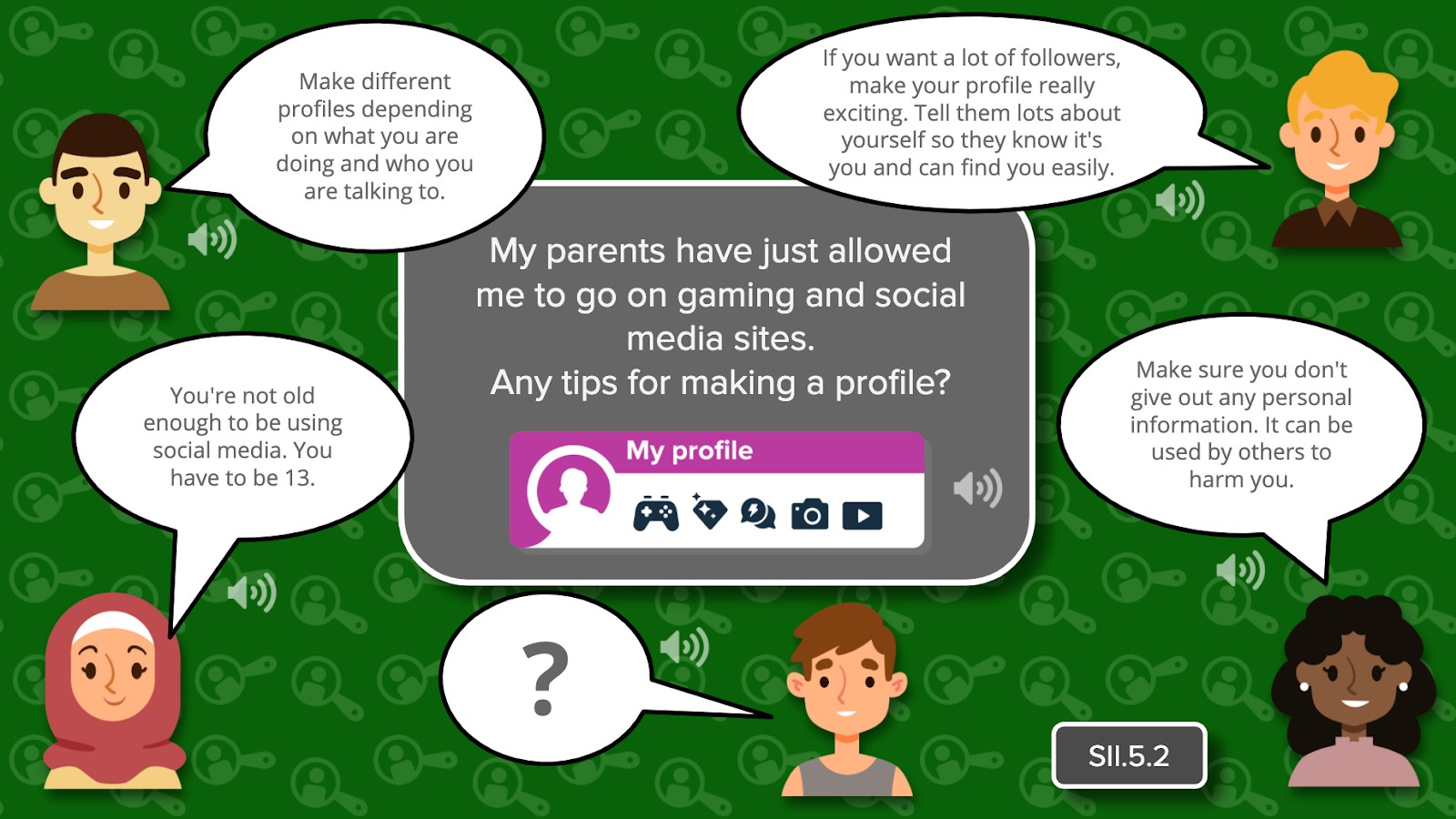
But how do you decide what you need in the first place?
There’s a lot to choose from. As a starter, here’s a soft approach.
- Search for the year group you teach and choose activities that you feel confident in teaching
- Focus on themes that you know your children would enjoy engaging in
- Perhaps focus on issues that have arisen in the past that children have struggled with or with which you have had to deal
- Find opportunities to support or enhance other areas of your curriculum eg fake news in Literacy; Security in Computing
- Map activities to support your existing online safety curriculum
The mechanism behind ProjectEVOLVE has been developed by the SWGfL Digital Team to be as flexible as possible and built with the busy educator in mind.
Once you have found the resources you want to use, you can use them live in the tool itself or use our (not so obvious) export button to grab what you need and go. In each resource area there is a little PDF symbol; clicking on this will allow you to choose what you need and print off your very own personal lesson plan.
I know! We should shout about this feature a lot more!
But how about really effectively?
Our vision for ProjectEVOLVE doesn’t just stop at content though. We want to help educators teach pupils/students what they need to know rather than just choose from a list.
Over the next six months we are building additional functionality to:
- Give educators a knowledge temperature map of the children in front of them. Where there are gaps; misconceptions; secure knowledge or simply wrong assumptions
- Assist with planning units of work based on what children know
- Measure progress
- Track progress of cohorts; classes and individuals
- Plan pathways through content for different groups that include vulnerable children; SEND etc
Pilots will begin in November for Years 1, 5 and 10.
Where do I find ProjectEVOLVE?
From November you will need to register to access the vast bank of free resources. ProjectEVOLVE is free for anyone to use an, rest assured, will remain free.
ProjectEVOLVE: shaping a better online life for all.


